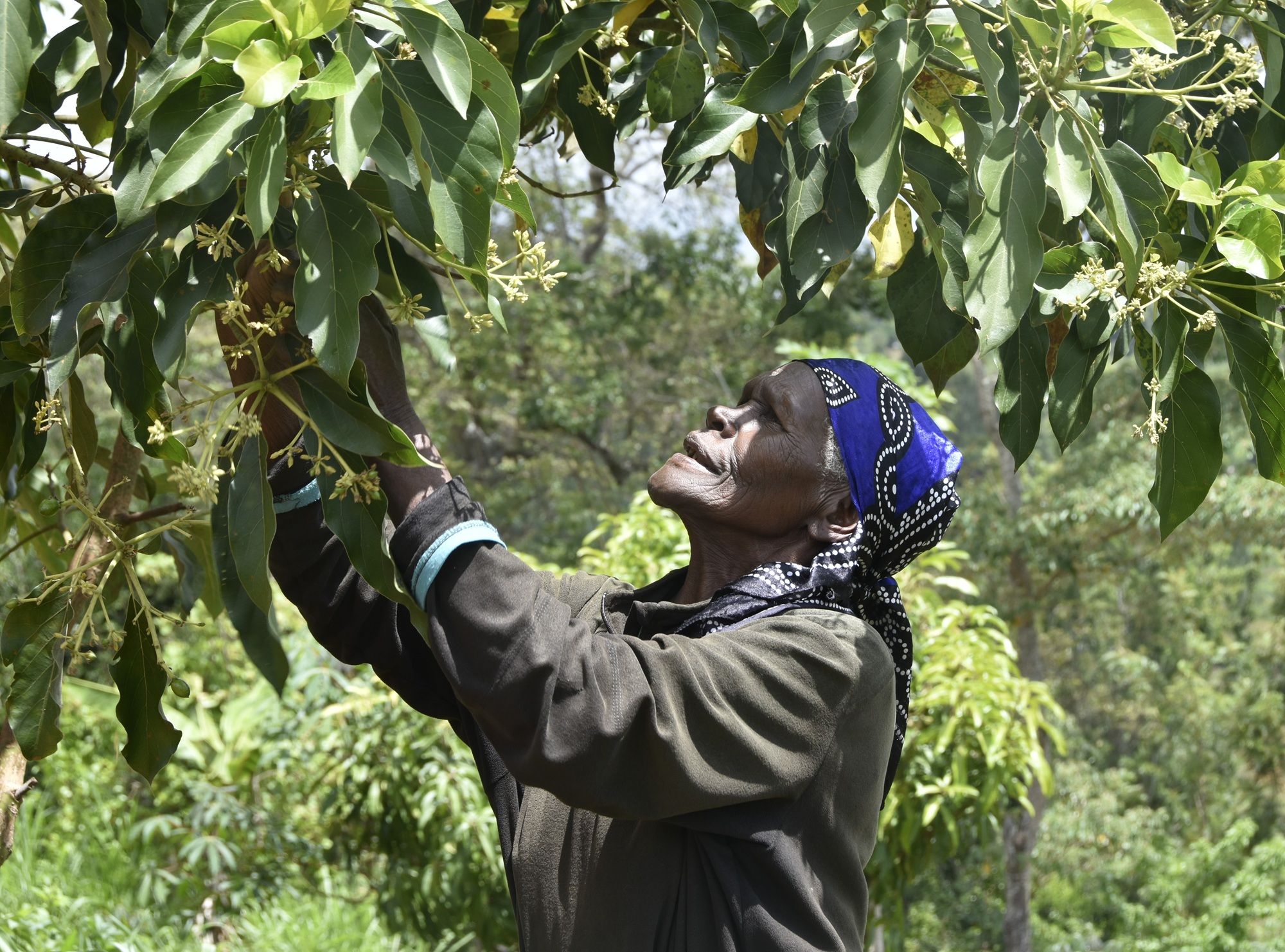- Adolescent and Youth Health
- AI Integration
- Family Planning and Reproductive Health
- Gender Equity
- Global Health Security
- HIV
- Immunization
- Infection Prevention and Control
- Innovations
- Learning and Performance
- Malaria Prevention and Treatment
- Maternal Newborn and Child Health
- Measurable Impact
- Nursing and Midwifery
- Primary Health Care
- Tuberculosis
- Women’s Cancers
Kenya
Kenya
Jambo!
We're transforming health care for women and families in Kenya through innovation, partnerships, and community-driven solutions.


Selected Achievements
More than 4 million women have adopted a family planning method of choice in Kenya, Uganda, and Tanzania. Jhpiego-led projects have expanded access in these countries by helping counties institutionalize high-impact family planning interventions, reaching over 492,000 new users, reducing teen pregnancies by 6%, and mobilizing more than KES 155 million in local government funding for sustainability.
37,806 clients, including adolescents and young women, have been initiated on PrEP and PEP. This was done through the establishment and validation of a pharmacy-delivered PrEP/PEP service model in Kenya, which was demonstrated through a national implementation guide, operational manual, and pilot.
Building on the Obstetric Safe Surgery work in Makueni County, Jhpiego supported the introduction of digital technology in operating rooms through the Proximie platform that allows for virtual participation in surgery and critical real-time support, mentorship and training. This bridges in-person and virtual capacity-building support.
4,685 adolescents and young people have been reached with reproductive health services including PrEP for HIV prevention since June 2017. In addition, Jhpiego has accelerated HPV vaccine uptake in Kenya by registering over 29,000 girls, training health workers, and delivering school and community outreach to advance cervical cancer prevention and health equity.
Jhpiego supported Kenya’s Ministry of Health in developing the country’s first-ever obstetric fistula curriculum and playbook. This resource serves as a strategic guide for policymakers and strengthens the capacity of surgical and care teams, helping to optimize treatment and improve outcomes for women affected by obstetric fistula.
Remarkably, Makueni County, Kenya has not reported any maternal deaths from postpartum hemorrhage between 2023 and 2024, and Homa Bay County has reported zero maternal deaths since May 14, 2025. This has been achieved through Jhpiego-supported training, mentorship and provision of life-saving interventions.
More than 700,000 women have given birth under the care of a skilled health worker in Jhpiego supported health facilities across Kenya. This contributed to measurable improvements in maternal mortality, with Vihiga County experiencing a 30% reduction in maternal mortality and 57% in perinatal mortality.
Jhpiego-led advocacy efforts have unlocked over $4 million in county government funding to support family planning initiatives.
Kenya
Areas of Expertise
Current Projects
Donors + Partners
ADSMKEAnita Mbinya FoundationBayerCounty First Ladies Association
County Governors
Fanikisha FoundationGates FoundationJohnson & JohnsonKenya Pharmaceutical AssociationKMETMerck for MothersMinistry of HealthNational Council for Population and DevelopmentThe Global Surgery FoundationUnitaidU.S. GovernmentWorld Health Organization Where We Work

Our Team





